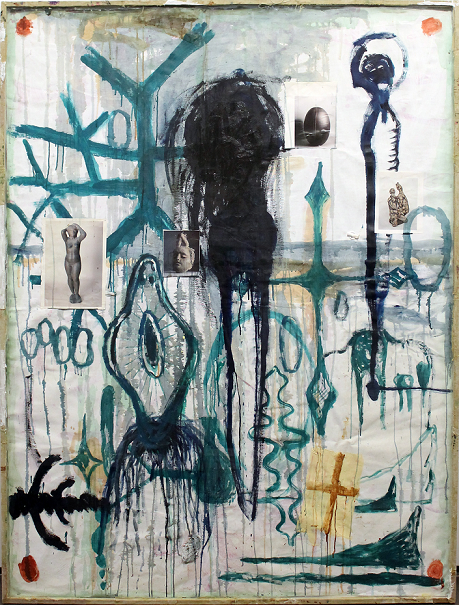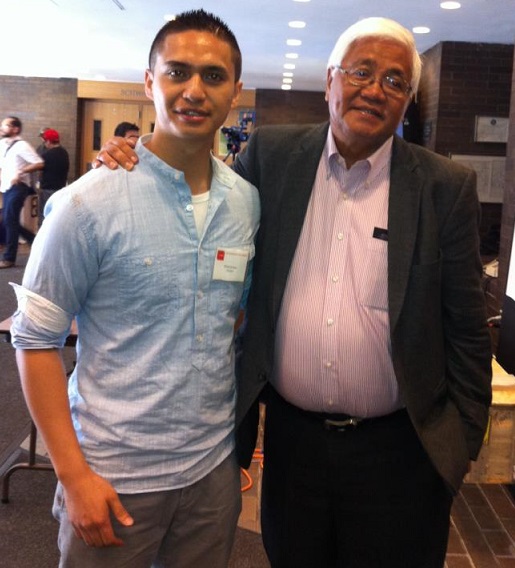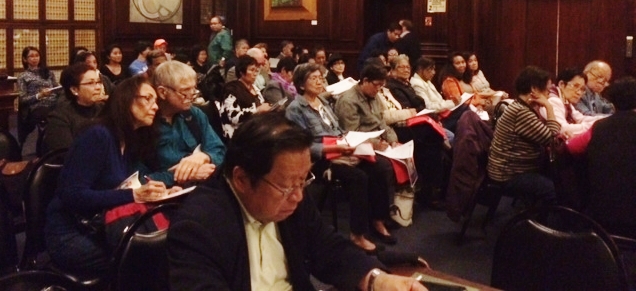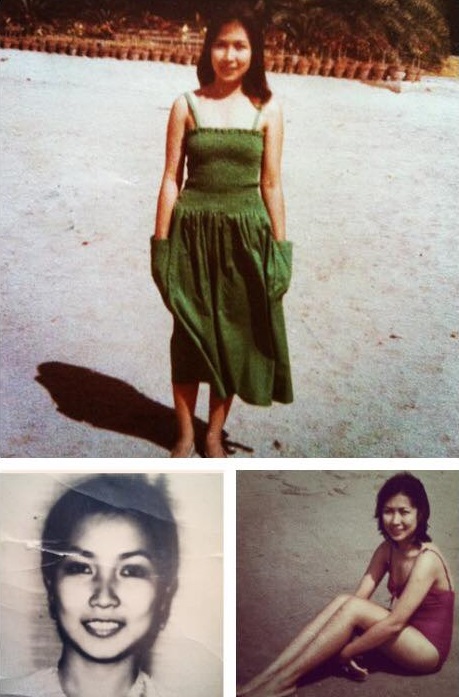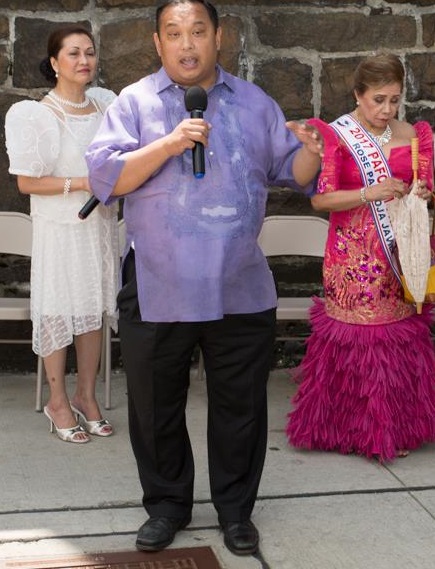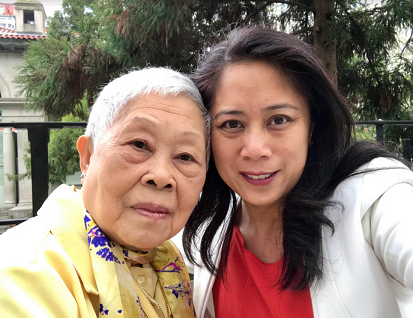The message of ‘Parasite:’ There’s no easy way out of poverty
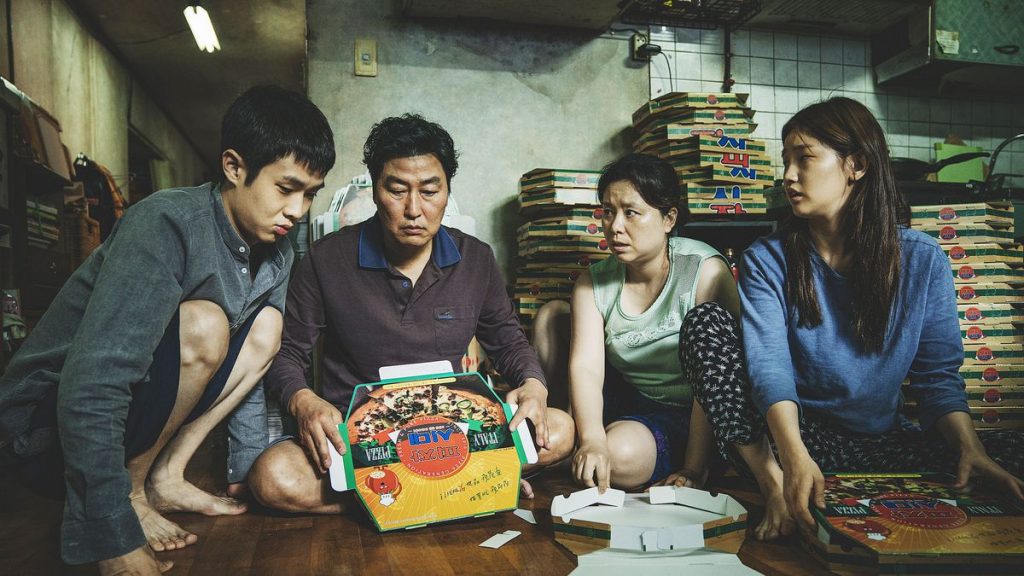
By Wendell Gaa
Class and economic disparity are sad realities in many societies around the world, even in prosperous countries in Asia like the Republic of Korea, the setting of this year’s Oscar winner for Best Picture “Parasite.” It has the honor of being the first foreign language film to win the award and for concurrently winning Best International Feature Film.
After hearing all the rave reviews from movie critics and fellow “cinephile” friends of mine, I knew I just had to view this much discussed drama for myself inside an arts cinema house which I frequent here in Galway, Ireland where I am currently studying.
“Parasite” is the story about a low-class Korean family, the Kims, consisting of patriarch Ki-taek, his wife Chung-Sook, son Ki-woo and daughter Ki-jeong, who all live together in a small crowded partial-basement apartment unit. Their underprivileged circumstances confine them to a daily life struggling just to survive through holding low-salary temp jobs.
Things start to dramatically change when they receive a visit from Min-hyuk, a good friend of Ki-woo, who is preparing to depart the country to study abroad. Min-hyuk gives Ki-woo a seemingly innocuous suggestion to pose as a university student and take over his job as a tutor to Da-hye, the teenage daughter of the affluent Park family who resides in a luxurious mansion.
Ki-woo becomes the imposter tutor to Dah-hye, and in the process the Park family take a close liking to him, and he even gets smitten by his “student” and they both soon start a relationship. The high salary he receives just for this assignment alone is more than enough to compel the rest of his family to likewise follow suit in devising the ultimate fraud on the Park family.
Each of them slowly begins to intrude upon the Park household by acting out as unrelated but highly skilled laborers willing to go out of their way to assist the family. Ki-jeong plays out the role of a distinguished art therapist and agrees to tutor the Parks’ young frisky son Da-song. Ki-tae who is an experienced valet is interviewed and taken in by the family as Mr. Park’s driver (Ki-jeong frames the former driver of committing indecent sexual acts in the car), and Chung-sook is hired as the family housekeeper after the old housekeeper Moon-gwang who has served the Parks for many years is set up by the Kims in an elaborate scheme to make it appear as if she is unable to continue her work due to her severe ailments.
As the film’s title implies, just like leeches that make a living by sucking out the blood and life out of their unwitting hosts, the Kims then successfully assimilate and integrate themselves into the lives of the naïve and unsuspecting Park family and seemingly find an answer and cure to their own needy lives.
When the Parks leave their home to go on a camping trip to celebrate Da-song’s birthday, the entire Kim family who have access to the house take advantage of the situation and “move in” while their “hosts” are away. Doing so, they indulge in the high-class amenities of the Park mansion, in contrast to their cramped apartment. But contrary to what they believe, not all is how it appears in this household. The film’s drama gets all the more dark and intense as the imposter family soon learns unwanted truths about the Parks and their former housekeeper. The revelation speaks as much about their own economic depravity as it does about the problems and dilemmas of the huge gap between the rich and the poor.
A resounding victory for Asian talent, “Parasite” was directed by Korea’s amazingly gifted filmmaker Bong Joon-ho, who absolutely deserves his Oscars for Best Director and Best Original Screenplay. I definitely found the movie to be worthy of all the international awards and acclaim which it has received from critics and the Academy. The acting abilities of the cast are outstanding, and “Parasite” is incontrovertibly a reminder of the unique power of cinematic storytelling, with a message so raw and yet so honest: There are no easy and quick answers and solutions to life’s social inequities.


© The FilAm 2020


